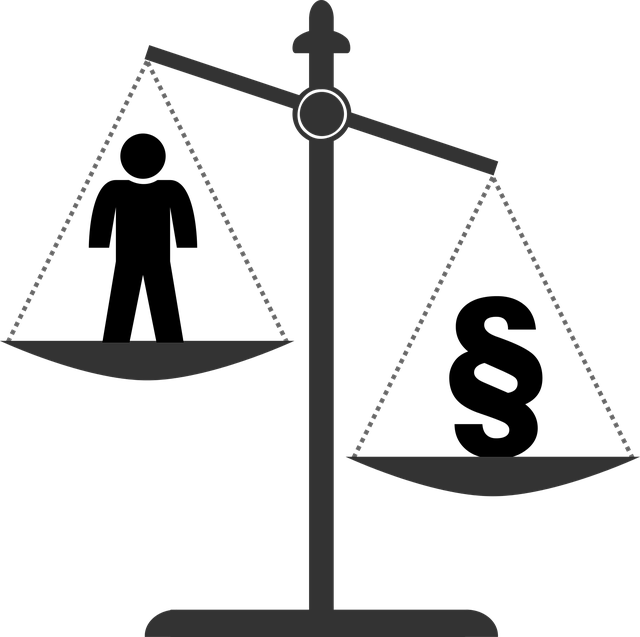The Oregon probate process is a legally structured procedure managing asset transfer after death, ensuring fairness and adherence to state laws. It begins with filing a death certificate and petition in the local county court, leading to the appointment of an executor who oversees identifying, inventorying, and valuing estate assets for distribution according to the deceased's will. The personal representative plays a crucial role, managing assets, settling debts and taxes, and distributing the remainder to beneficiaries. Proving the will and obtaining Letters of Administration is a key step ensuring its validity. After asset identification and distribution, final stages involve filing a comprehensive final account, settling all debts, and distributing assets according to the will or state law, culminating in a court-approved closing order.
“Unwinding the intricacies of the Oregon probate process is crucial for anyone navigating the distribution of a loved one’s estate. This comprehensive guide offers an in-depth overview, breaking down each vital step. From understanding the foundational rules to identifying and managing assets, we explore who can act as a personal representative and the necessary legal procedures. By mastering these Oregon probate process steps, you’ll ensure a smooth transition during what can be a challenging time.”
- Understanding the Oregon Probate Process: An Overview
- Who Can Act as a Personal Representative?
- Proving the Will and Letters of Administration
- Identifying and Distributing Assets
- Closing the Estate: Final Steps and Considerations
Understanding the Oregon Probate Process: An Overview

The Oregon probate process is a structured series of legal procedures designed to facilitate the transfer of assets and responsibilities after someone’s death. It involves several key steps that ensure fairness, transparency, and adherence to state laws. Understanding this process is crucial for both executors named in a will and beneficiaries who stand to inherit assets.
The initial step begins with the filing of the death certificate and a petition for probate in the appropriate Oregon county court. This triggers the appointment of an executor or personal representative who oversees the entire process. Subsequently, the executor identifies and inventories all assets, including real estate, financial accounts, and personal belongings. This stage is critical for accurately determining the total value of the estate and preparing for distribution according to the deceased’s will.
Who Can Act as a Personal Representative?

Anyone named in a will or appointed by a court can act as a personal representative in the Oregon probate process steps. This role is responsible for handling the deceased’s estate, which includes managing assets, paying debts and taxes, and distributing the remainder to beneficiaries. The personal representative must be a U.S. citizen or legal resident and over 18 years old. They should have knowledge of the Oregon probate laws and be able to navigate the court system if necessary. Often, an attorney or a trusted family member or friend assumes this role due to its significant responsibilities.
In some cases, a court may appoint a professional, like a bank or trust company, as a personal representative if there is no suitable candidate among the deceased’s relatives or friends. This is common when the estate is complex or there are conflicts among potential beneficiaries. The court will consider the best interests of all involved parties when making this decision, ensuring that the Oregon probate process steps are carried out efficiently and fairly.
Proving the Will and Letters of Administration

In the Oregon probate process, one of the crucial steps is proving the will and obtaining Letters of Administration. This involves presenting the will to the court to ensure its validity and authenticity. The court will examine the will to confirm that it meets all legal requirements, including proper signatures, witness accounts, and the testator’s mental capacity at the time of signing. If the will is found to be valid, the court will grant Letters of Administration, which authorize an individual (usually a named executor in the will) to manage the deceased’s estate.
This process is essential for ensuring that the wishes expressed in the will are carried out accurately. The court’s involvement provides a layer of security and transparency, protecting the interests of all involved parties. It also facilitates the fair distribution of assets as outlined in the will, following Oregon probate laws.
Identifying and Distributing Assets

After a loved one passes away, identifying and distributing their assets is a crucial step in the Oregon probate process. The first task is to gather all financial records, including bank statements, investments, real estate holdings, and any other valuable assets. This involves working closely with the appointed executor or personal representative, who is responsible for managing the deceased’s affairs. They will need to identify and assess each asset, ensuring all necessary paperwork is in order.
During this phase, the executor will also need to determine the rightful owners of each asset, as per the deceased’s will or living trust. This may involve liquidating some assets to pay off debts or taxes, while others may be distributed directly to beneficiaries according to the probate court’s instructions. Proper record-keeping and communication with all involved parties are essential to ensure a smooth transition of assets during this sensitive time.
Closing the Estate: Final Steps and Considerations

After a thorough administration period, the final steps in the Oregon probate process involve closing the estate. This involves several key considerations and actions to ensure all legal and financial matters are resolved. One crucial aspect is the filing of a final account, which details all income, expenses, and distributions made during the probate period. This document requires meticulous attention to detail, ensuring that every transaction is accurately reflected.
Additionally, any outstanding debts and taxes must be paid or adequately provided for. The personal representative should ensure that all heirs or beneficiaries receive their respective shares as per the will or state law. Lastly, the court may require a closing order, which formally approves the distribution of assets and marks the official conclusion of the estate.






